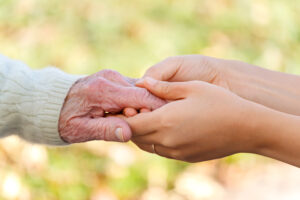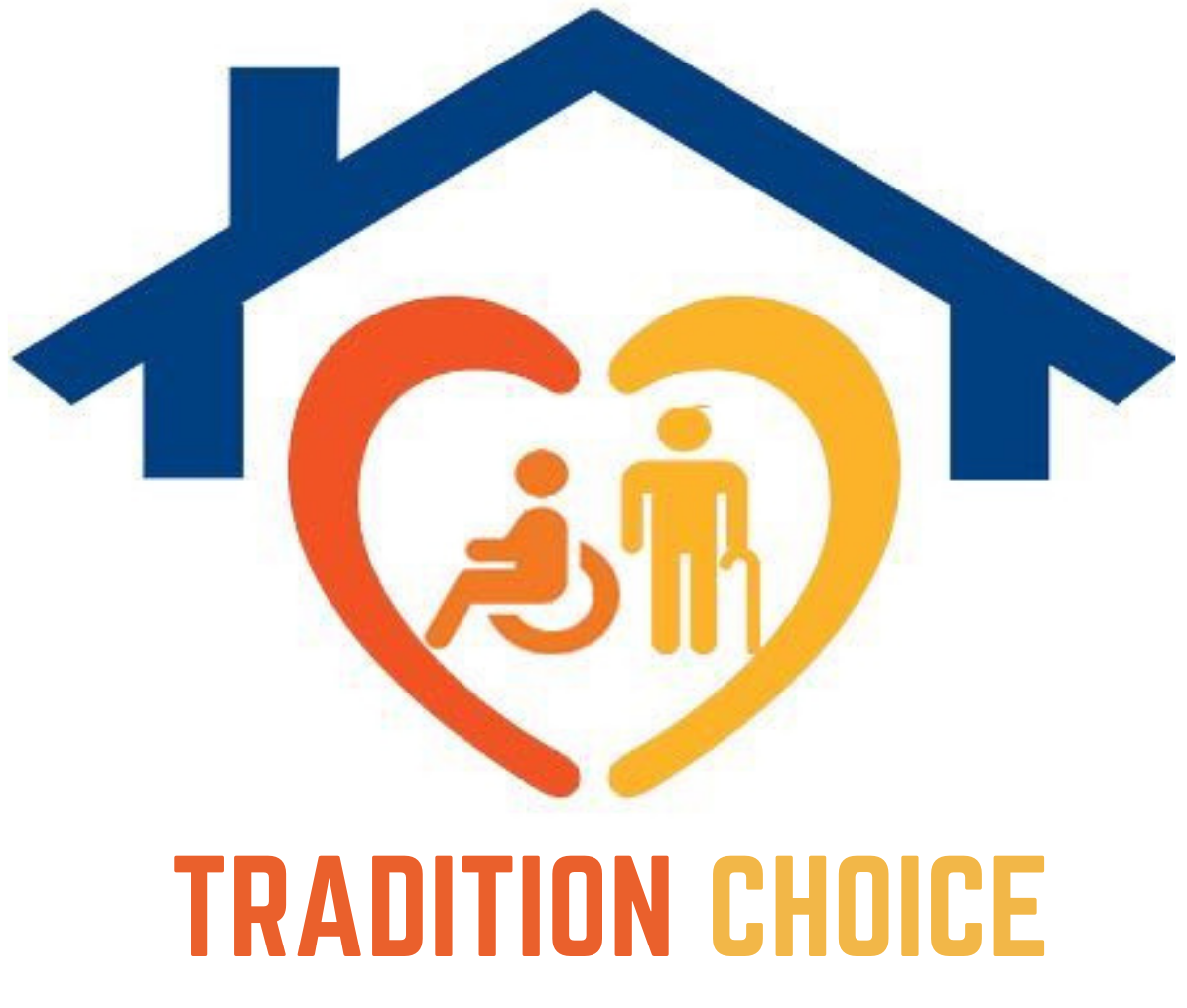As your elderly family member grows older, her skin may be demanding different things from her. Your senior’s skin loses some of its protection as she grows older, especially as the fat layer underneath starts to thin out.
Use Sunscreen and Other Sun Protection

Home Care Queens NY – Four Ways to Care for Your Senior’s Skin
Sun protection is vital, even on cooler or overcast days. At the very least your elderly family member should protect her skin with lightweight clothing that covers as much of her body as possible. A floppy hat works well to protect her scalp and face, as well as her upper body to an extent. If your elderly family member is willing, sunscreen is another great addition. All of this is even more important if your senior’s family history contains anyone who had skin cancer.
Skip Hot Showers
Your senior might love a hot shower, especially on a cold day, but this is something that can actually damage her skin. Hot water, especially extended exposure to hot water, can be dehydrating for your senior’s skin. It breaks down the natural oils that protect her skin. Using hydrating lotions after bathing and skipping the super-hot water are all really good ideas. Water that’s too hot can also affect her breathing while she’s bathing.
Pay Attention to Hydration
Internal hydration is also important. If your elderly family member isn’t drinking enough water, that is going to show up in her skin. A simple test for dehydration involves gently pinching your senior’s skin and watching how quickly the skin snaps back into place. If she’s dehydrated, that small pinch of skin might stay pulled up for a few seconds. Plain water is perfect for hydrating, but foods that have a high water content are a good choice, too.
Avoid Cigarette Smoke
Second- or first-hand smoke are all bad for your senior, but they’re especially bad for her skin. Cigarette smoke can dry out her skin and make it itchy and uncomfortable. Breathing in the smoke isn’t great, either, so it’s best to avoid being in closed areas with people who smoke. If your senior is the one who smokes, it might be time to find a way to help her to quit.
It’s also really important to visually inspect your senior’s skin regularly. Look for moles that are changing sizes or discolorations that are changing or growing. If you’re not able to help your senior with that, home care providers can take over that task for her.

